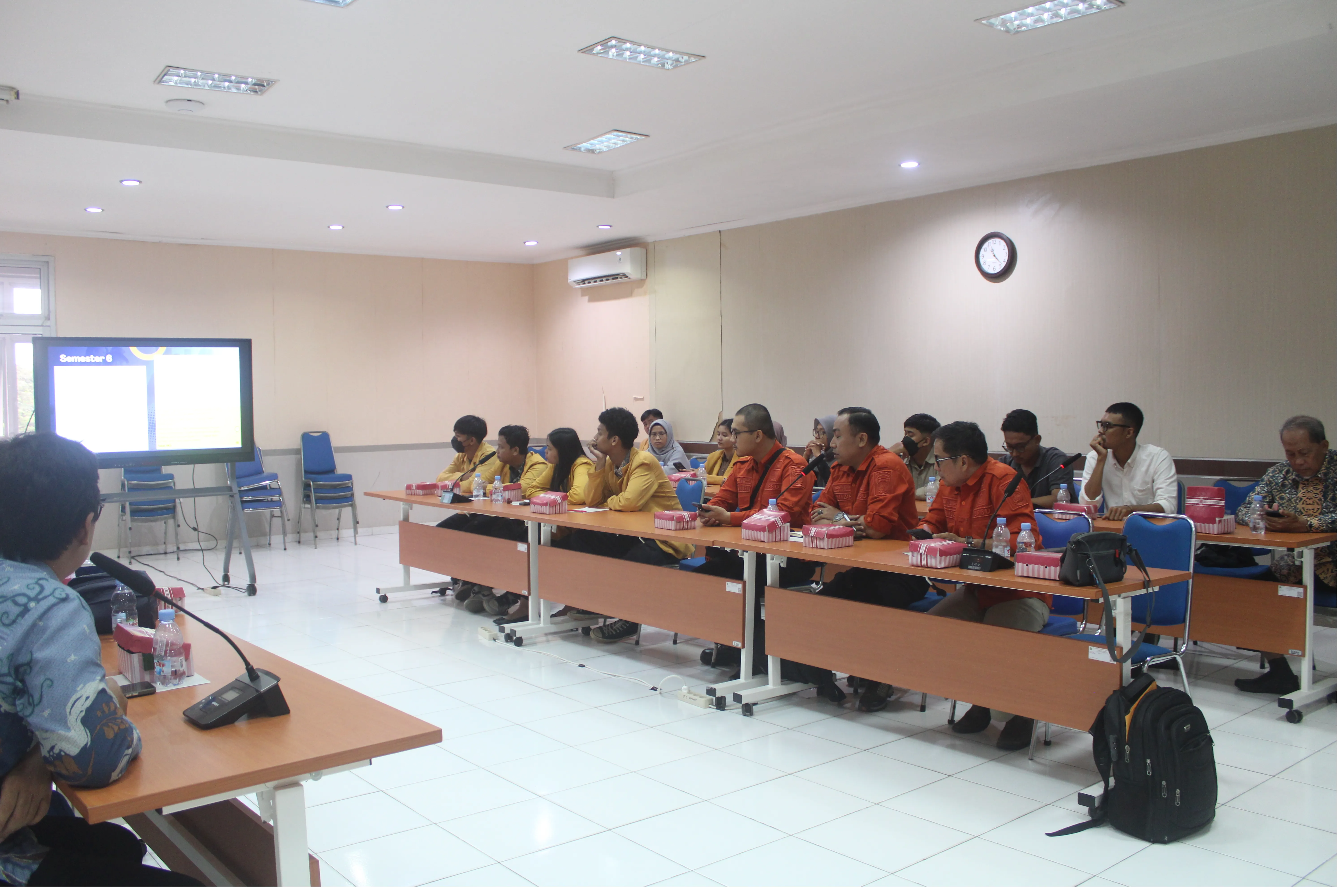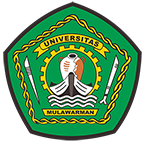
**Public Test of Outcome-Based Education Curriculum at Geography Education Program, FKIP UNMUL **
On Thursday, June 12, 2025, the Geography Education program at the Faculty of Teacher Training and Education, Universitas Mulawarman (FKIP UNMUL), conducted a public test of their Outcome-Based Education (OBE) curriculum. The event took place on the 3rd floor of the FKIP UNMUL dean's building and was officially opened by the Wakil Dekan II, Prof. Dr. Mukhammad Nurhadi, M.Si.
The primary purpose of this event was to critically evaluate and gather constructive feedback on the newly developed OBE curriculum from a variety of educational stakeholders, including educators, alumni, and current students. By involving a diverse group of participants, the program aims to ensure that the curriculum not only meets academic standards but also effectively prepares students for real-world challenges and opportunities.
The event was attended by many notable figures, including Mardian Sofid Rahmansyah, S.Pd (Geography Teacher at SMAN 4 Samarinda), Indarwanti, S.Pd., M.Pd (Geography Teacher at SMAN 1 Samarinda), Dasa, S.Pd (Chairperson of the Geography MGMP in Samarinda City), and other esteemed colleagues from various educational institutions across Samarinda. Additionally, alumni and students of the Geography program at UNMUL participated actively in the proceedings.
The implementation of the OBE curriculum underscores FKIP UNMUL's commitment to enhancing educational quality and relevance. The process not only benefits students through improved learning outcomes and better preparedness for professional roles but also fosters a continuous improvement culture within the educational institutions involved.
The gathering also featured participation from key stakeholders, such as the Head of BPBD (Regional Disaster Management Agency) of Samarinda City, the Head of BMKG Class III Aji Pangeran Tumenggung Pranoto, and representatives from the ATR/BPN (Land Affairs Office) from both Samarinda City and Kutai Kartanegara Regency. Their involvement highlights the interdisciplinary and practical orientation of the curriculum, further bridging academic knowledge with industry and community needs.
